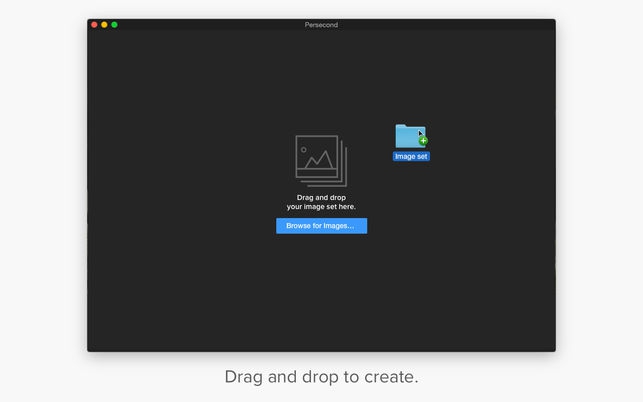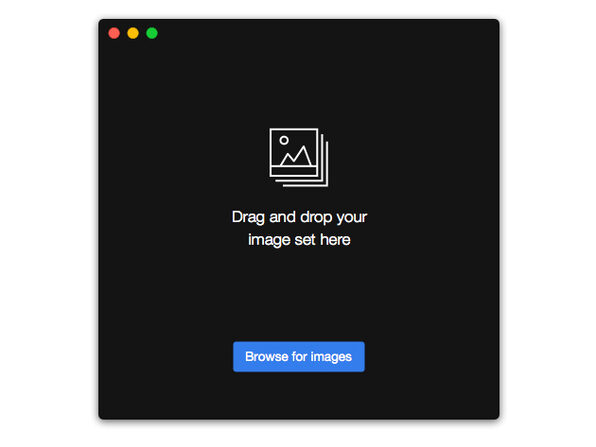
- #Unity call function persecond how to
- #Unity call function persecond update
- #Unity call function persecond manual
- #Unity call function persecond android
#Unity call function persecond manual
Welcome to the second step in the Unity manual activation process (first you must.
#Unity call function persecond update
I already have a function to instantiate the objects I just need a way to call it at specified time intervals, is it possible to make these values a little varied using. Call this function from the Update function, since the state gets.

you might have to watch out for things landing on a background thread though. Does anyone know a good way I can call a function every two seconds so I can control the speed at which I my Ball objects across the screen. Note however that this way you lose all control and will never know if and when one of these tasks has finished and might get multiple concurrent tasks running/failing etcĪs alternative you could probably also go the other way round and use something like Asyncoroutine). unit (CPU) was made of gears spinning more than 2 billion times per second. When the second coroutine finishes it restarts the first one. If we call CheckOnA() a in the Start() function we'll get 0, the value which. Or if you don't care about the finishing and only want to call this as you say every second then simply do private IEnumerator CountingCoroutine() Start function WaitAndPrint as a coroutine. If(!Mathf.Approximately(0, delay)) yield return new WaitForSeconds(delay) even avoid the one skipped frame completely or you could with a bit more calculation effort also Var delay = Mathf.Max(0, 1 - stopWatch.ElapsedMilliseconds * 1000) If you set the scale to 1.0, your in-game time matches real time. You could extend this in order to start a new task earliest about every second or latest when the previous task finishes after a second like e.g. Unity has a Time Scale property that controls how fast game time proceeds relative to real time.

Which starts running a new Task as soon as the one before has finished. Yield return new WaitUntil(()=> task.IsCompleted) and here is the script where im trying to call it : playerHealth.TakeDamage(5)<- Leaving it empty is like if you just put healthBar.SetHealth() instead of healthBar.SetHealth(currentHealth). You could add which means that whenever you add a Cube1 script to a GameObject, the required component is added aswell if it is not already there.Īlternatives would probably be making sure in your Cube1 script that at some point a SpriteRenderer is attached, but that's all going off-topic I think.Like private IEnumerator CountingCoroutine() You just need to get that specific GameObject to begin with.Īs pointed out by cube.Rectangle() will try to find/access a SpriteRenderer on the cube object, which would have to be added first. C can call C++ very easily via the P/Invoke system.
#Unity call function persecond android
Here are some of the platforms: Editor iOS Android Next, we’ll make some glue code so that C can call C++ and visa versa. So the Scale X, Y, and Z parameters in Unity should all be 1. Unity’s documentation is a good place to start. You dont want to have to scale things once they come into Unity, either. So if you do a person in blender and he comes into Unity, and Unity says his height is around 1.4, then youre on the right track. When you already have an existing GameObject (instead of making a new one) that has a script you want to access, you can use gameObject.GetComponent(), store it in a variable (if necessary) and access it that way. Meters Per Second, or Feet Per Second - Unity Answers meters 5 feet.
So to call functionB off of a script attached to the specified GameObject you would have to call getComponentNot to mention GameObject is a built-in Unity type. Step 2: Working with the activitymain. GameObject does not have a function called functionB. rate will be limited to 30 per second on average, 3,000, No, per function. We demonstrated the application in Kotlin, so make sure you select Kotlin as the primary language while creating a New Project. These affect the rate at which you can call the Cloud Functions API to manage.
#Unity call function persecond how to
Sidenote, if you don't make an object in the scene that holds the ClockController, it won't execute the Start() method. Step 1: Create a New Project in Android Studio To create a new project in Android Studio please refer to How to Create/Start a New Project in Android Studio. attach a Cube1 script to it and store the reference to it in a var. - please also see the bottom note of the answer. adding a SpriteRenderer as your `Cube1` will try to access it.

GameObject gameObject = new GameObject() Instead, make a new GameObject and attach the Cube1 script to it. Well you are doing var cube1 = new Cube1() which is how you would make an object in C#, but since it is Unity, and this is a MonoBehaviour, you are not supposed to make it like that.


 0 kommentar(er)
0 kommentar(er)
